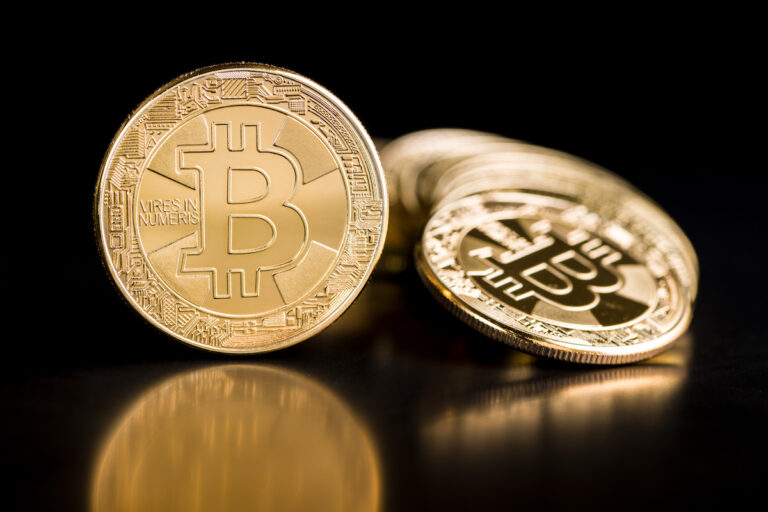COMSovereign Holding Corp. (NASDAQ: COMS) (“COMSovereign” or the “Company”), a U.S.-based developer of 4G LTE Advanced and 5G Communication Systems and Solutions and Total Network Solutions (“TNS”), a developer of the next generation of blockchain technology solutions today announced initial progress on their collaboration for protecting the nation’s telecommunications infrastructure, supporting the Executive Order on Improving the Nation’s Cybersecurity. It also aligns with the goals proposed by the Telecommunications Industry Association (TIA) in their Information and Communications Technology (ICT) Supply Chain Security 9001 standards development program.
Under the collaboration, COMSovereign is working with the TNS project engineering team to explore how blockchain technology could enhance wireless network security. The companies will develop and incorporate advanced multifactor authentication, eSIM, and a tokenized Mobile Equipment Identifier (MEID), called the Enhanced MEID (E-MEID), to record network security data on a blockchain. Globally administered by the TIA, MEIDs typically show the manufacturer code and the equipment serial number and are permanently affixed to the device and used to facilitate mobile equipment identification and tracking. In this pilot program, COMSovereign has begun integration and real-world/Over-the-Air (“OTA”) testing of new authentication hardware and software incorporated into several 4G LTE and 5G wireless network systems, including base stations and access radios. Further testing is ongoing to define and establish performance benchmarks for the new ICT Supply Chain Security 9001 standard. TIA expects to publish the findings from this and other related programs in 2022. Information on the Enhanced Mobile Equipment Identifier (E-MEID) and how it can be used to improve ICT Supply Chain Security can be found in a three-part series at the TIA website at https://tiaonline.org/blockchain-for-ict-supply-chain-security-part-1/ and COMSovereign’s involvement at https://tiaonline.org/blockchain-for-ict-supply-chain-security-part-3/.
“Supply chain security and integrity is a critical element of a comprehensive approach to 5G and all ICT (information and communications technology), which COMSovereign has long embraced as a trusted U.S.-based manufacturer of critical wireless infrastructure. We can fundamentally improve network security by incorporating blockchain technology into the network for device verification. This is critical to information assurance, and it is why we are so excited to work with the TNS on this important project,” said Dr. Dustin McIntire, Chief Technology Officer of COMSovereign. “As an organization, we firmly believe that ensuring the security of forthcoming 5G and beyond networks is of paramount importance. We applaud the TIA’s efforts to create and implement new standards, fulfilling its responsibility to both its members and the industry at large.”
Kevin L. Jackson, TNS Senior Vice President, adds, “The security of the global telecommunications network depends on the safety of its supply chain. We are honored to have the opportunity to collaborate with a global telecommunications leader like COMSovereign.”
By creating a globally unique digital token that can represent any associated physical element of a wireless network, a tokenized or Enhanced MEID will enable a new, secure, tamper-proof way to document, track and authenticate any wireless device. By being recorded on a shared digital ledger or blockchain, E-MEID data is cryptographically protected and immutable, meaning it cannot be changed without consensus agreement by all participating parties. Blockchain’s most famous use case is in the financial industry, the foundational technology behind Bitcoin. The shared digital ledger concept can apply to any use case where two or more parties maintain verified and auditable transaction records. The transaction records support the protection and provenance of data held by smartphones, a most personal piece of mobile station equipment. This capability will become critically important as mobile devices expand use in e-commerce, banking, and finance and as a source of authenticated personal identification such as a digital driver’s license.



